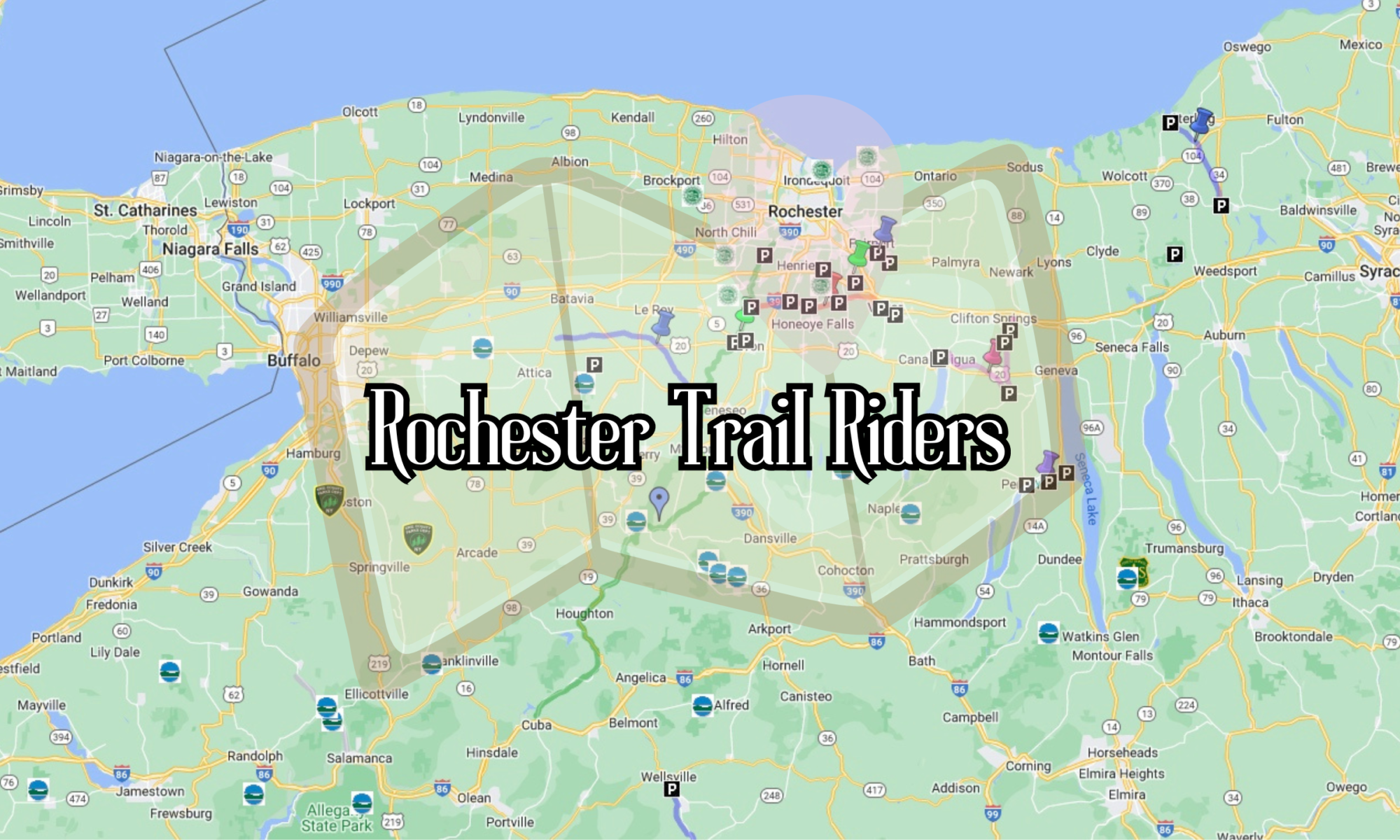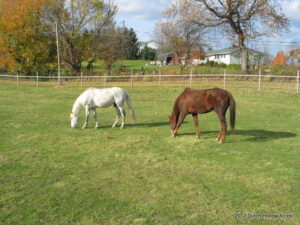The weatherman scared me to death last night with threats of frost and in some cases further south a freeze warning. Reality has to set in, the warm weather of summer and fall is quickly leaving us and cool air, dark mornings and the shedding of summer coats and thickening of winter woolies on our horses backs are in full swing. Here are some tips to get you ready for winter.
- Blanketing – We all rush to put on blankets so quickly when the temperature dips but by leaving the blankets off for as long as possible helps your horse grow a thicker warmer winter coat. Try not to blanket unless there is a cold rain for an extended period of time.
- Check weight – Winter is hard on our horses so make sure your horse is in good health and weight. I like to have mine body score at a 6 with a little extra fat to help them transition into the colder weather.
- Hay – this year as many of you know was a bad year for hay. Because of the poor quality this year I recommend having your hay tested so you know if you need to supplement with feed or minerals. A balanced diet = a hearty winter horse. I also recommend transitioning into feeding your horse hay. Don’t abruptly take them off pasture and lock them in a mud paddock, instead toss a few flakes of hay out for a week or 2 before you move them over to hay entirely.
- Fecal Test! We haven’t had our first hard frost yet but once we do it’s time to test those road apples. Fecal tests are inexpensive, just pop a poo ball into a zip loc bag, label it with your horse’s name and drop it off at the vet. By waiting to test until after a hard freeze you’ll be fairly certain your horse is parasite free for the rest of the winter. Check with your vet for other worming recommendations though.
- Water – If you have summer auto waterers time to put them to bed and drag out the old troughs before a freeze cracks the fittings in them. Drain your long hoses and coil them up for the winter. Bailing twine wrapped around a coiled hose makes things neat and tidy and easy to hang up and out of the way. A short hose 6-8 feet will allow you to still easily fill buckets yet is short enough that you can drain all the water out after each use so it won’t freeze come winter. Remember, horses need a lot of water in the winter months to help digest hay so check your water heaters to make sure they work and make sure your horse has a continuous supply of warm water.
- Fence Walk – many of us have electric tape, rope, or other tension fencing. Now is the time to walk your fence, mend any shorts and tighten up the tension. Freezing rain, heavy snows and strong winds seem to do the most damage to fencing. Make sure it’s in good standing before the storms hit.
- Pasture maintenance – fall is the time to pickup or spread poo piles in the pasture. You will also want to mow down any tall areas to 6” in height. Tall grass that falls over onto itself under snow can get moldy and cause health issues in the spring. If you have bare areas it is a good time to over seed them so young grass can start to grow before the first snows.
- Mud – There’s no way around it, things can get muddy! Many folks lock their horses into mud paddocks where horses wallow in the muck for much of the winter season so pastures aren’t ruined. Make sure your horse has the ability to get to dry ground. Soggy feet cause all sorts of issues with thrush and scratches. Also make sure your horse gets a chance to stretch their legs for a good run and aren’t stuck standing and walking for months on end. Feel free to stop by my farm and see our track system which allows horses the ability to run and move all winter long without being stall or paddock bound.
- Ice Prevention – Drips off the barn, a leaky hydrant or an area that tends to pool water after a heavy rain are all potential ice hazards. A little time and a shovel can fix most drainage issues. Clean out old hay/straw from wet areas too. Hay and straw makes a good insulator and can actually keep an area wet and frozen longer and clog up areas that you may need to shovel free of snow later.
- Get out and Ride – Fall is the best time of year to ride, temps are cool, no bugs, good footing and your horse and you are in shape from summer work. Just be aware of the starting of hunting seasons and be sure to dress in bright colors and have a jingle bell on your horse to warn hunters and game of your whereabouts.

